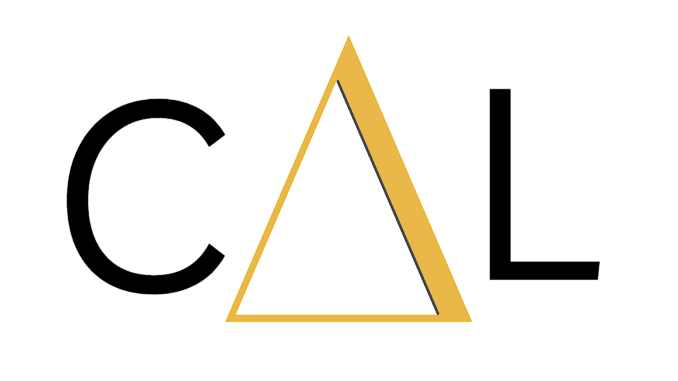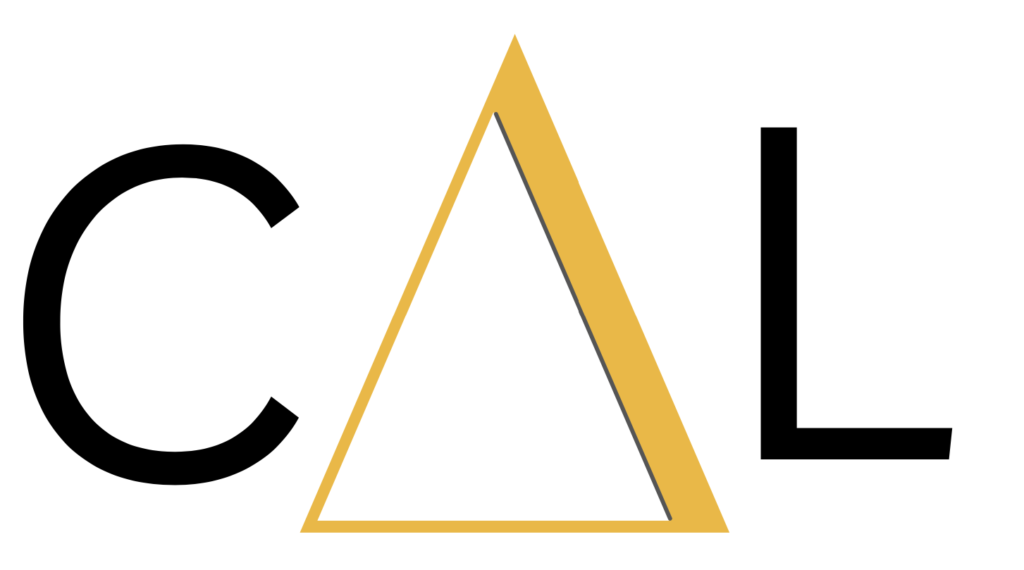
Changing Legal, a new international think tank, has launched to support the evolution of the legal sector. It will focus on three main areas: moving beyond the time-based legal economy; standard setting and data sharing; and rethinking the means of legal production.
Its founding members are from across the industry and are based in the US, UK, Europe and Australia. The Founding Board members of Changing Legal are:
- Richard Tromans, Chair and Founder of Changing Legal, and Founder of Artificial Lawyer and TromansConsulting
- Helena Hallgarn, Co-founder of Virtual Intelligence VQ and Vice-President of European Legal Technology Association
- Sacha Kirk, Co-founder and Chief Marketing Officer at Lawcadia
- Kelly Harbour, Director of Client Relations & Innovation at Goulston & Storrs and Director of Member Engagement for SALI Alliance
- Mark Medice, Principal at LawVision
- Patrick Fuller, VP & General Manager of ALM Intelligence
- Lev Breydo, Adjunct Professor at Villanova University’s Charles Widger School of Law and Senior Advisor to New American Energy.
Its outlook is fundamentally global, as many jurisdictions are experiencing the same challenges and also may benefit from similar answers to those problems. Sharing ideas and solutions from around the world is central to the think tank’s approach.
Also, it’s important to note that none of the areas the think tank is focused on are ‘new’, nor are they meant to be. The goal is to find ways out of the situation we are in by better understanding what prevents real change and then providing resources, and connecting people who do want to make change happen, to then make that change real.
One reason why issues such as the billable hour remain so hard to resolve is that they can often be seen in isolation. Changing Legal seeks to show how multiple systemic challenges in the legal market are in fact deeply interlinked and can only be ‘unpicked’ with an integrated approach, hence the think tank’s combined focus on three central issues that hold back change.
First, moving beyond the billable hour as a unit of value in the legal world has not happened because to do that we need a market where legal matters are identifiable and legal service providers and clients are working off the same page, at least in each jurisdiction. I.e. if you want to move away from something, you need something to move to.
To do this you need shared standards and taxonomies, (see the work of SALI Alliance for example), we also need data sharing, and we need an approach to ‘alternative fees’ that is about scoping and benchmarking prices for legal work so that time can finally cease to be the default measure for legal work. (And no doubt there will always be a notable amount of work on the hour for highly complex and bespoke matters, but it is hoped that over the long-term this can eventually reduce to all but what is necessary.)
Other aspects connected to standards also includes a move to standardise regularly used contract types, as well as approaches to legal processes. This also drives efficiency.
And, it’s worth mentioning, that the goal of Changing Legal is not to bring to life some vision of the future, but rather to try and help the legal sector to catch up with modern approaches to business that are common across other sectors, and to stop seeing itself as a primarily artisanal world that depends upon the time people are willing to sink into each endeavour.
Interlinked with value, data and standards, is also the need to support the idea that the goal of legal services is to provide society and the economy with the outputs it needs to operate. How these are delivered should be open-ended, with demand setting the pace and the limits of what is possible. This increase in service variety will support change at a systemic level as a wider choice of providers and delivery methods will create new value for the clients.
While some markets have liberalised and allow multiple types of provider, the reality is that the majority of the world has not. This area may therefore need regulatory change to support a more healthy market.
These three interlinked areas can be summed up as S, V, P – or Standards and Data Sharing; Value Beyond Time; and new Production methods. This is also why the logo for Changing Legal features a triangle, representing the three connected areas.

The think tank also seeks to support change by:
- Normalising the debate around systemic change in the legal market, moving it from an ‘academic’ debate to the centre ground.
- Connecting people, as we can learn much from each other’s experiences in tackling these issues
- Building alliances and partnerships with other organisations, businesses and individuals, as part of forming a global movement to drive change across the legal market.
- Holding events and convening meetings of people and organisations (virtually, and in-person when allowed) that have shared goals, and want to learn from and inspire each other.
- Produce and share thought leadership and industry data that can support those who want to make informed choices about moving in a new direction.
Changing Legal Chair and Founder of Artificial Lawyer, Richard Tromans, commented: ‘Changing Legal is a forum to develop solutions and pathways that will help those who want change, to make that change real.’
‘We don’t have all the answers, but if we can normalise and widen the debate of these subjects, and build alliances of like-minded people – on a global basis – then we hope to have a positive impact.’
Founding board member, Swedish legal technology entrepreneur and Vice-President of the European Legal Technology Association, Helena Hallgarn, said: ‘Innovative law firms are disincentivized by a business model based on the billable hour. One of our aims is to support these firms to find new ways of charging for legal services and to be competitive for the future.’
And Founding board member Kelly Harbour, Director of Client Relations & Innovation at US law firm, Goulston & Storrs, and Director of Member Engagement for the SALI Alliance, said: ‘While historical thinking has been that the legal industry is reluctant to change, the last 12 months have shown us that, on the contrary, we can pivot quite quickly and successfully when we must.
‘There has never been a better time to rethink other assumptions about the way the industry operates. For example, for many lawyers, being more efficient while managing children at home has become mandatory. We have to find a way to reward that kind of thinking instead of adding pressure to make up those hours.’
And, Australian legal technology co-founder, Sacha Kirk, added that the think tank would seek to ‘raise the awareness of issues and identify solutions to move the needle’.
The next step for the think tank will be to build alliances with people and organisations around the world that share these goals. The group has also published several pieces of thought leadership on its website, and future events and reports are planned.
—
If you would like to connect with and/or support Changing Legal’s projects, or learn more about the think tank, please see the website here. You are also very welcome to contact any members of the Board from across the world. You are also welcome to contact the Chair: richard@tromansconsulting.com
We are keen to work with other organisations, and to connect everyone together who is interested in supporting change in these areas. And as mentioned, this will be a global endeavour, and there will be much to learn from each other. It will also be a long-term project.
Note: all Board members are taking part in Changing Legal as individuals only.
Nice way of connecting key trends.